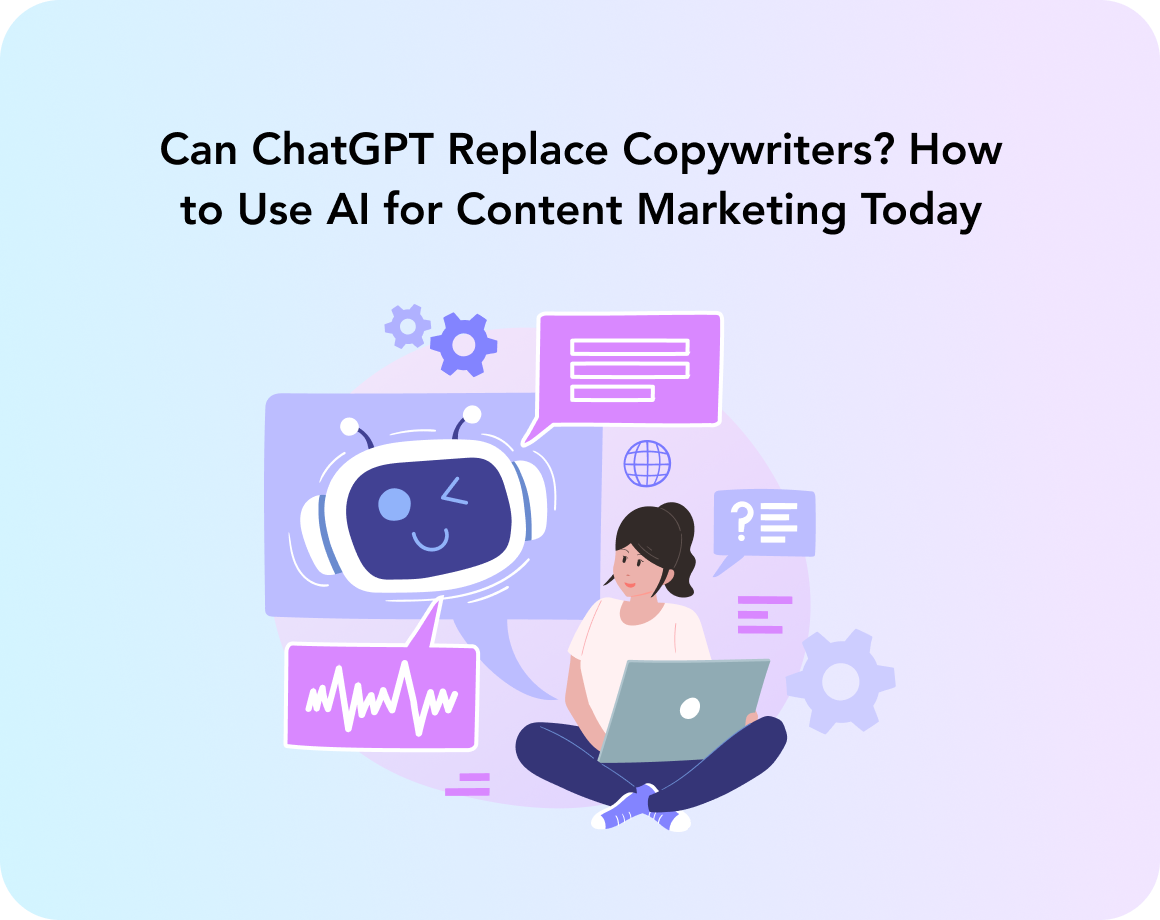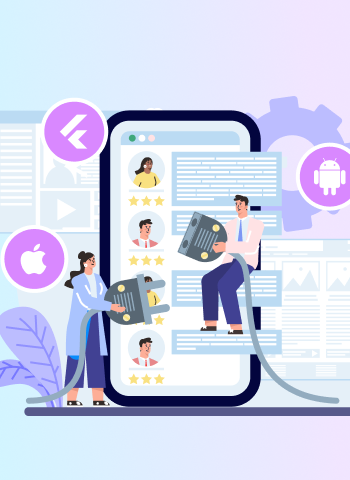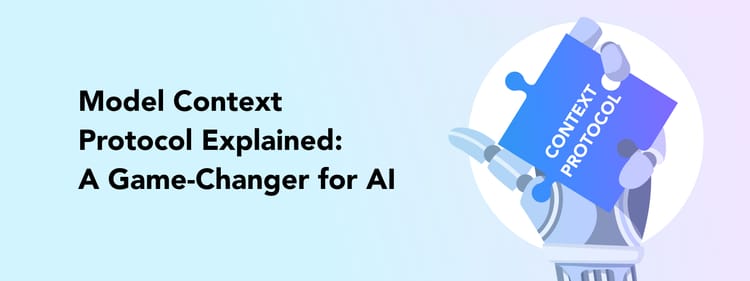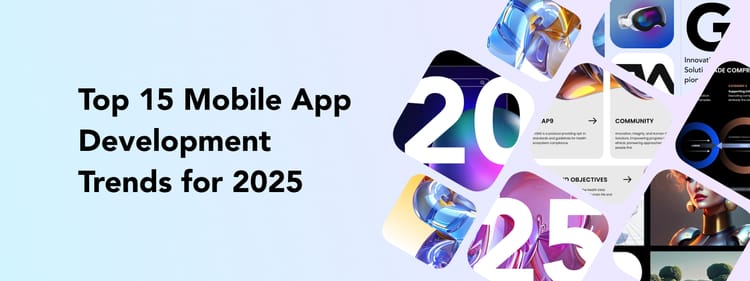ChatGPT has the potential to revolutionize copywriting by providing a powerful tool for generating high-quality copy quickly and efficiently. With its natural language processing capabilities, ChatGPT can generate compelling headlines, product descriptions, and even entire articles.
Did ChatGPT write this introduction? Let us keep it to ourselves. From the way, it praises the AI-copywriting capabilities you can make your guess.
The truth is that many business owners and marketers see this AI tool as a cheap substitution for a content marketing team while copywriters and content specialists are worrying about their career perspectives.
Let’s explore the possibilities and limitations of ChatGPT in content generation and answer the big question of whether you should fire your copywriters. Spoiler: no, you shouldn’t.
How Content Marketers Are Using ChatGPT Today
From brainstorming content ideas to getting fully written blog posts, ChatGPT can take on numerous marketing assignments and free up some time for more strategic tasks.
The possible uses of ChatGPT in marketing and SEO copywriting include:
- Coming up with new content topics
- Conducting keyword research
- Creating a semantic core for the content
- Writing an outline for an article
- Offering sources and research results
- Writing social media posts, emails, blog articles, etc
The scope of ChatGPT’s skills is rather wide, isn’t it? If you open LinkedIn, the community is actively sharing to get the best out of this tool for getting more productive and automating some of the marketing activities.
The big question is can ChatGPT not only simplify day-to-day content marketing tasks but fully replace a copywriter? For now, the answer is definitely no. And there are many reasons why.

Why ChatGPT Can’t Be Your Copywriter
While ChatGPT can write texts, their quality is not the highest. Take a look at the example below. We asked ChatGPT to write a blog post about how to build an image recognition app.
Not to brag, but compare this potential blog post with the actual one from Perpetio’s website. In our article, we actually built a real image recognition app and showed the readers how it’s done step by step, including the code. What’s more, we explained each choice made and showcased how every technology we utilized brings benefit to the final development result.
While at first sight, the material written by ChatGPT seems coherent and insightful, there are several problems with this article.
Limited understanding of the tone of voice
ChatGPT has a rather limited understanding of what a tone of voice is. When asking this AI tool to write any text for you, the default style of the writing will be based on similar existing works on this topic.
For example, if you ask for an email text, the result will be something in the official, business style. If you ask for a blog post on a tech topic, the outcome will be plain, dry text with long sentences.
You can adjust the style by telling ChatGPT your preferences, for example, “Write in a friendly, funny tone”. The tool will adjust the style; at the same time, don’t expect to get a unique style that matches your company’s tone of voice. The choice of words in ChatGPT is based on the existing scope of similar works, so the approach to text stylistics won’t be too revolutionary.
No critical thinking and unique expertise
As we have already mentioned, all the output ChatGPT generates comes from the training data: the existing information, including online publications on similar topics. If you ask this tool to give an opinion on something or offer a recommendation, the answer will be based on what experts said in the past.
ChatGPT has no capability of analyzing the information and giving insights by itself. Any explanation ChatGPT can offer will be a paraphrased version of existing research and conclusions.
If the goal of your content is to bring valuable insights from experience and working advice to your readers, it’s better to rely on what your business learned through error and trial rather than write generic material that doesn’t differ from hundreds of similar pieces.
No human touch and humor
One reason why we like reading content online is because it’s written just for us: considering which challenges we might be dealing with, answering exactly the questions we have, and giving useful recommendations. An important part of a positive experience for a reader is seeing a text that is written in their language.
Consider these two scenarios:
- Business owners want to read materials without complex tech vocabulary that give practical advice with a pinch of humor
- Software developers would like to read a technical tutorial with all the right terminology, clear examples, and an adequate level of complexity. A middle-level developer doesn’t need explanations of basic processes like the junior developers do.
For these two audiences, the material on the same topic will differ. A professional copywriter will understand this and write accordingly while basing the information on interviewing experts.
Let’s take the example of an article about the image recognition application we mentioned above. While our blog post had lots of technical details, we explained how IR technology works in plain terms and additionally offered some ideas of IR uses for businesses. All of this to satisfy the interest of our target audience and bring them value.
Outdated or incorrect information
With its newest update, ChatGPT 4, can now access the Internet and use not only the information it has been fed but anything existing online. Seems like the problem of outdated information is solved, doesn’t it? Let’s now think about what is actually posted online.
From hundreds of copy-paste SEO articles to propaganda-spreading news outlets, the Internet is full of not-so-accurate and sometimes openly harmful data. Unlike a professional copywriter who can analyze and compare the information from different sources as well as base their conclusions on the company’s in-house experience, cases, and interviews with specialists, ChatGPT will only tell what it finds online without giving it a second thought.
Plagiarism
Time to address the elephant in the room: all the content ChatGPT produces is not actually original. ChatGPT reshapes and rephrases the existing materials meaning that it doesn’t come up with something new just for you. Using ChatGPT can be considered as plagiarism as it is a direct use of other people’s work.
Violating spamming policies
While the question of whether or not using ChatGPT for blog articles is ethical and fair is still open to discussion, the fact is that at some point Google will if not ban but for sure won’t give priority to AI-generated content.
There are already dedicated tools for detecting AI-generated texts online. We can expect that soon enough, Google and other search engines will take action against SEO-optimized publications created by ChatGPT for promotion purposes.
Even today, Google clearly states that content generated by AI is considered spamming. AI-generated content that is created for search results manipulation violates Google’s anti-spam policies.
It’s important to note that not all AI-created content is automatically banned as spamming. It is more about how you use ChatGPT. You can rely on AI for outlining the article or writing some parts of it. What Google values most of all is E-E-A-T: expertise, experience, authoritativeness, and trustworthiness.
How to Streamline Your Marketing and Sales Processes with ChatGPT
Okay, now it’s clear that for now, ChatGPT can’t really compete with copywriters when it comes to producing high-quality and insightful content. So how can business owners and content marketing specialists make the best out of the AI progress?
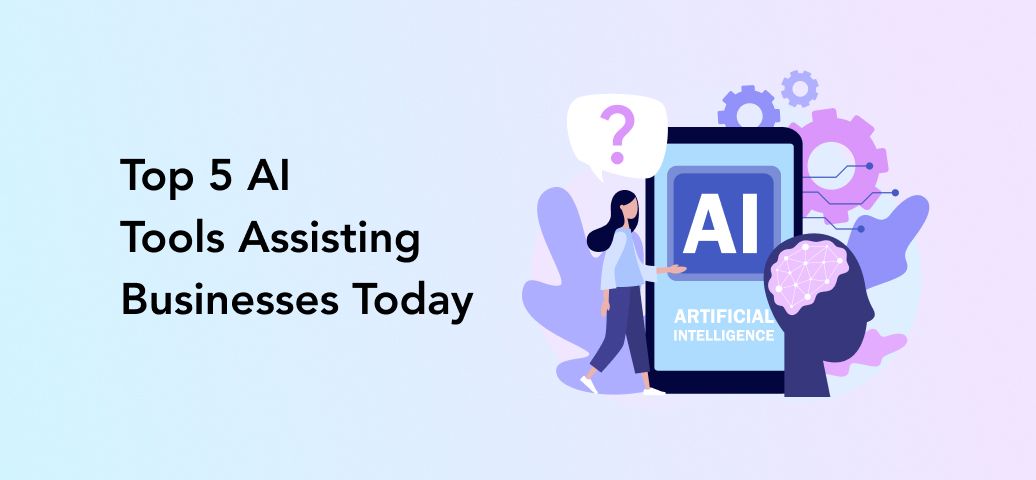
There are numerous ways to automate some of the mundane marketing tasks with ChatGPT. While it can’t fully undertake the writing process, why not get some help with researching and publishing your content?
- Finding new topics for the blog based on current trends and the company’s specialization
- Asking for keywords to include in the material (including long tail keywords)
- Getting a list of popular articles on one topic to find your competitors and which keywords they used
- Creating outlines for the articles based on similar publications (note that those won’t be unique)
- Writing short social media posts
ChatGPT can be a great automation tool and we at Perpetio have already found a use for it. For now, we implement AI tools for speeding up some parts of SEO research and organizing our social media presence.
Summing Up
The introduction of ChatGPT provoked active discussions among content marketers and CEOs. While some see this brand-new AI tool as a business opportunity and marketing optimization method, others fear that it can be the end of high-quality content in the best Google ranking positions.
From what we know about ChatGPT’s capabilities now, AI-generated texts cannot replace well-researched, unique, expertise-based content that gives readers insights into how things really work. ChatGPT can be a great aid for preliminary SEO research or gathering content ideas, but if you are looking for high-quality and competitive materials, better collaborate with a professional.
